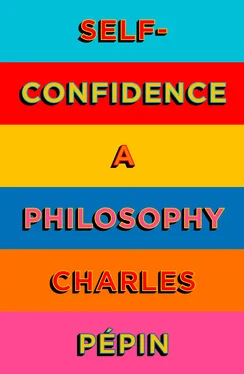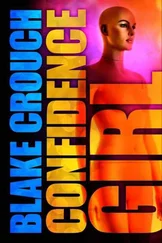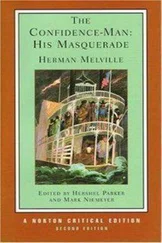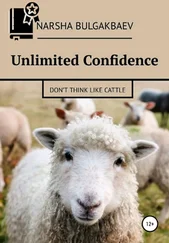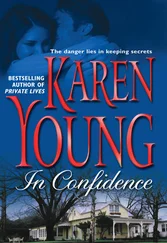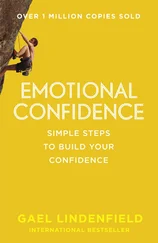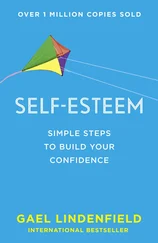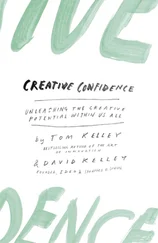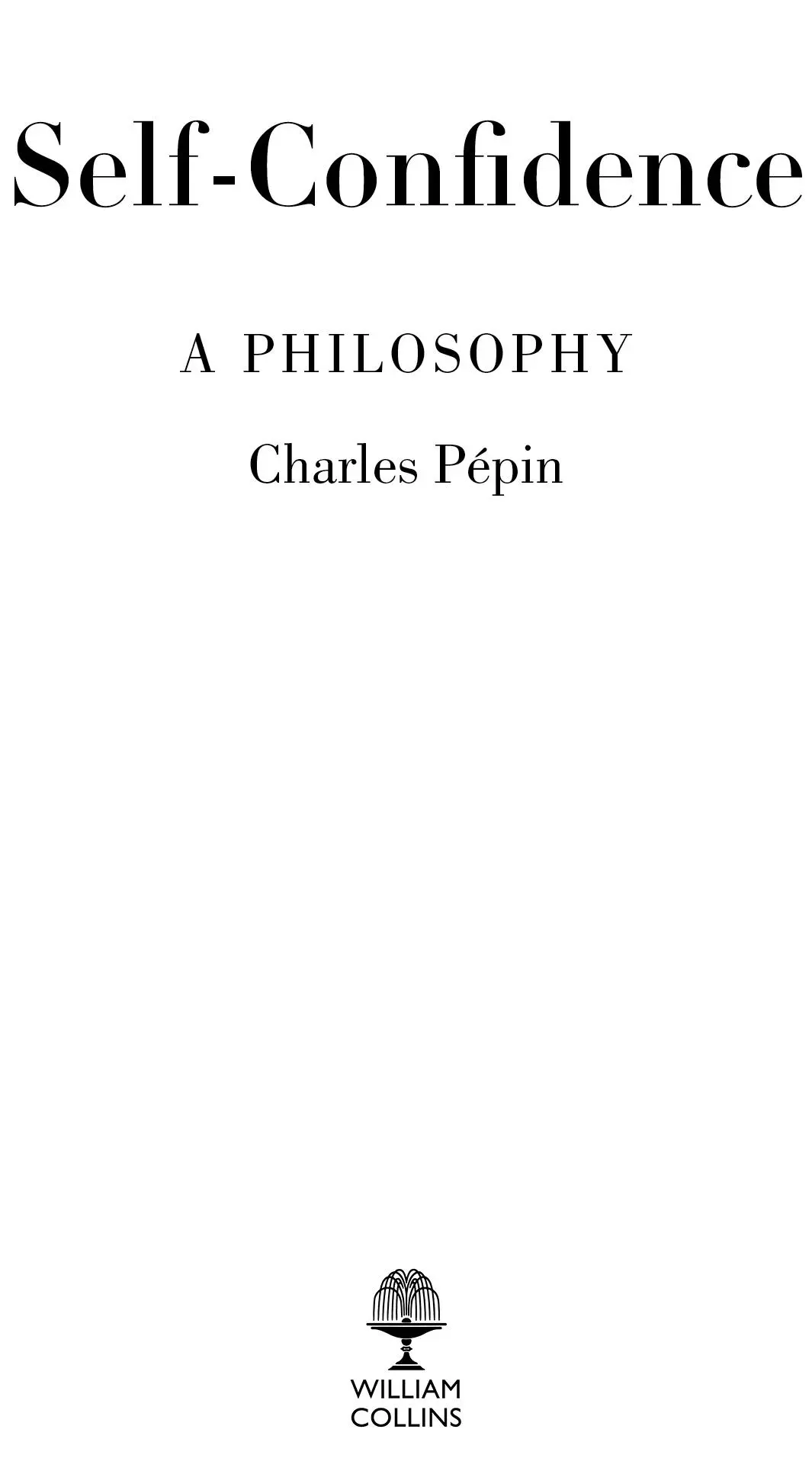
William Collins
An imprint of HarperCollins Publishers
1 London Bridge Street
London SE1 9GF
WilliamCollinsBooks.com
This eBook first published in Great Britain by William Collins in 2020
Copyright © Allary Éditions, 2018
Translation copyright © Willard Wood, 2019
Cover design by Jack Smyth
Charles Pépin asserts the moral right to be identified as the author of this work in accordance with the Copyright, Designs and Patents Act 1988
A catalogue record for this book is available from the British Library
All rights reserved under International and Pan-American Copyright Conventions. By payment of the required fees, you have been granted the non-exclusive, non-transferable right to access and read the text of this e-book on screen. No part of this text may be reproduced, transmitted, down-loaded, decompiled, reverse engineered, or stored in or introduced into any information storage and retrieval system, in any form or by any means, whether electronic or mechanical, now known or hereinafter invented, without the express written permission of HarperCollins.
Source ISBN: 9780008324018
Ebook Edition © January 2020 ISBN: 9780008324025
Version: 2020-11-16
For Victoria, Marcel, and Georgia
Because I only have to look at you to feel confidence. In myself. In life. And most of all in you.
1 Cover
2 Title Page
3 Copyright
4 Dedication
5 Contents
6 Introduction
7 1. Cultivate Strong Ties
8 2. Go into Training
9 3. Listen to Yourself
10 4. Expose Yourself to Wonder
11 5. Decide
12 6. Get Your Hands Dirty
13 7. Swing into Action
14 8. Admire
15 9. Stay True to Your Desire
16 10. Trust the Mystery
17 Conclusion
18 Works Contributing to This Book
19 Index
20 About the Author
21 About the Publisher
Landmarks CoverFrontmatterStart of ContentBackmatter
List of Pages iii iv v 1 2 3 4 5 6 7 8 9 10 11 12 13 14 15 16 17 18 19 20 21 22 23 24 25 26 27 28 29 30 31 32 33 34 35 36 37 38 39 40 41 42 43 44 45 46 47 48495051525354555657585960616263646566676869707172737475767778798081828384858687888990919293949596979899100101102103104105106107108109110111112113114115117118119120121122123124125126127128129131132133134135136137138139140141142143144145147148149150151152153154155156157159160161162163164165166167168169170171172173174175176177178179180181182183184 185186187188 189190191192193194195196197198199200201202203204205206207 209210211212213214215216
The stabilisers came off this morning. All of four years old, she hops on her bike and takes off under a blue sky. Her father runs alongside, one hand at her back, the other gripping the bicycle seat. She pedals faster and faster, clutching the handlebars. Her father encourages her: ‘Don’t stop pedalling,’ he says. ‘Look straight ahead. You’re doing great!’ He lets go of the seat. The child picks up speed. She maintains her balance, rolling along without her father’s help. When she realises this, she shouts with joy and speeds ahead. She feels buoyant and free: she has confidence.
But what does she have confidence in, exactly?
In her own abilities? In her father? In this moment of family happiness?
Self-confidence, we sense, is the result of alchemy. It arises from a combination of factors. The routes leading us to it are various, but once we’ve acquired it, it supports each of us in the same way. There is only one self-confidence, but there are a number of ways to get there.
Madonna belongs on the stage: she is an artist who has been able to reinvent herself all her life. Yet she was a shy child, scarred by the loss of her mother when she was only five. So how did she find the strength to make her mark?
Patrick Edlinger was one of the pioneers of free climbing. When he free soloed a route, his gestures were so fluid that he seemed to dance above the void. He moved from one handhold to the next with extraordinary grace. What was his secret?
Landing on an aircraft carrier at night, a pilot faces an ultra-short runway at speeds of 180 mph, with extremely limited visibility. How does he master his fear?
With traffic whizzing by all around him, an emergency services doctor has to pick out which of the trauma cases and which of their traumas need treatment first. How does he avoid making mistakes?
And what about musicians who improvise in front of large crowds? Tennis players who keep their nerve during match point? Students who are at their best on exam day? All these men and women who have the courage to listen to their inner voice and put their lives on the line, where do they get their self-confidence? What is it that they all have in common?
The little girl on her bike can point us in the right direction. There are three places from which she gets her confidence.
First, from her father. She doesn’t take off alone, she does it with her father, and thanks to her father. Self-confidence is confidence in someone else.
Then there is her own capability. She has absorbed her father’s advice about how to pedal, how to hold the handlebars. She has acquired a skill, without which nothing would be possible. Self-confidence is confidence in one’s own abilities.
But there’s more. Her bubbling joy as she gathers speed is more than just the satisfaction of knowing how to bicycle. It is a deeper, more encompassing joy, which resonates with gratitude toward life. Self-confidence is confidence in life.
These three drivers of self-confidence will recur, in various forms and to varying degrees, again and again: confidence in others, confidence in one’s own capabilities, and confidence in life. That’s how it all starts, maybe – when you go at it with the freshness of a child, confident without even knowing what you have confidence in.
‘Confidence is the childish ability to walk toward something unfamiliar as though recognising it,’ Christian Bobin has written. We know more about risks and dangers than when we first hopped on our bikes as children. Our greater understanding makes us more anxious. But it shouldn’t blunt our boldness, our ability to go for it. Having confidence in ourselves requires us to keep the heart that we had as children – a child’s soul in the mind of an adult.
All this is forced on us by the times we live in. In traditional societies, every person had his place. You didn’t need self-confidence when everything was settled for you at birth, when there was nothing to be conquered. But modern life, on the other hand, makes us free agents, responsible for our own fate. It’s our job to get our projects going, to prove our worth, and to build our happiness – our job to invent our own lives. This requires self-confidence.
Yet things are more complicated than they once were. Self-confidence has never been more important, and it’s never been so hard to acquire. Fixing a car engine or building a ladder might once have been a balm to a man’s wounds. Feeding one’s family entirely with the produce from one’s own vegetable garden might once have filled a person’s heart with pride. But spending all day in meetings or responding to emails doesn’t play the same role. We’ve lost direct contact with things. Our systems of production are so complicated that we no longer know what it is we do. We follow protocols and processes, but we have a hard time pinpointing our profession. Being as superconnected as we are puts us all at a remove from basic doing, and leaves us with few concrete opportunities to develop confidence. We need to find a base on which to build our confidence, both personally and collectively.
Читать дальше
